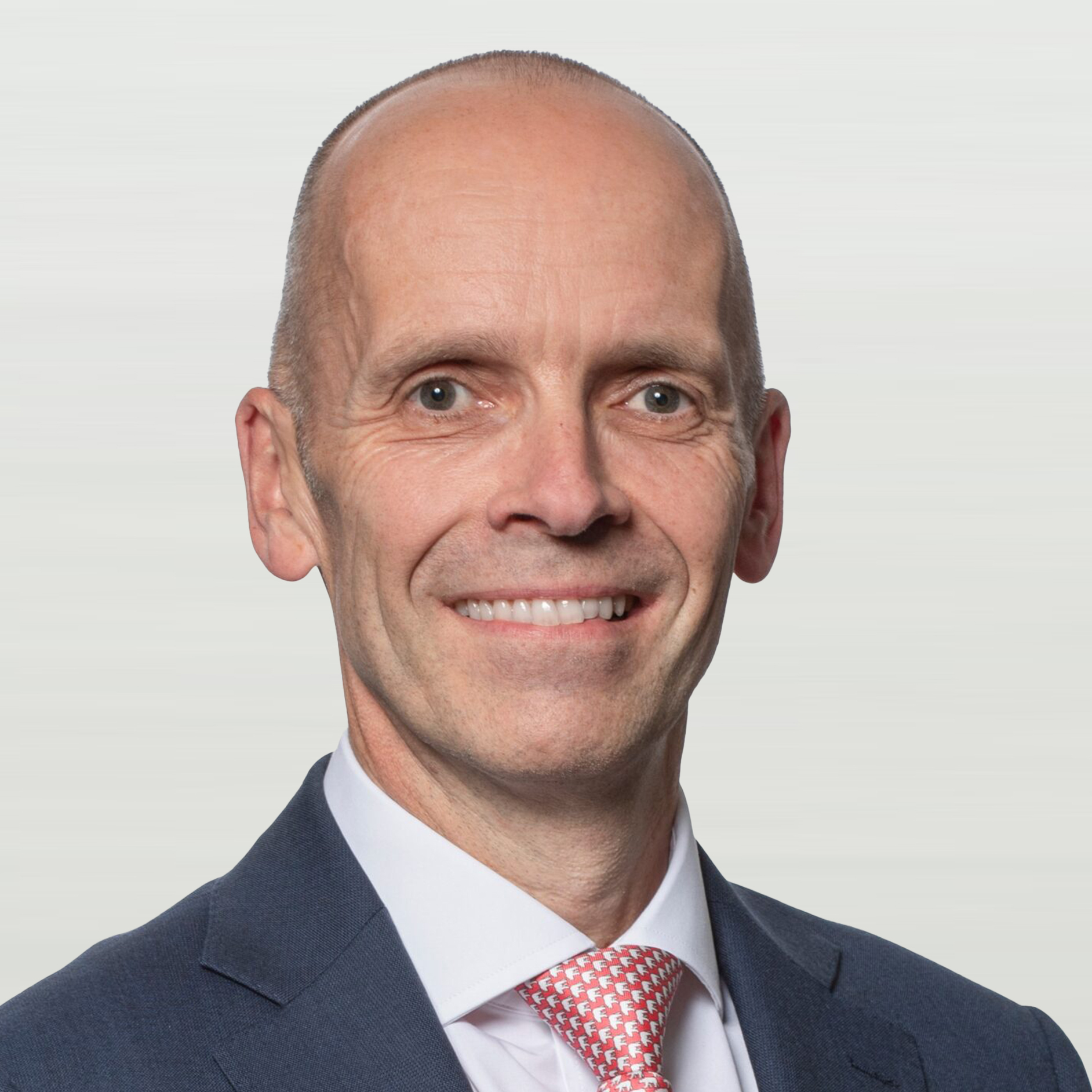
In the latest in our series, Portfolio Adviser hears from Polar Capital global head of distribution Iain Evans (pictured right)
Which particular asset classes and strategies do you anticipate your intermediary clients focusing on over the rest of the year and into 2022?
Given the level of uncertainty in the outlook for global economies and markets, it is difficult to identify consistent trends or predict investor appetite at this point. That said, in equities our expectation is thematic investing generally, and ESG and climate change in particular, will again be one of the big product stories for the remainder of 2021 and beyond.
We believe Polar Capital is well positioned to benefit from this demand dynamic, which should be supportive for our upcoming Smart Energy and Smart Mobility Fund launches. While emerging markets have been out of favour following China’s recent regulatory crackdown, we see interest beginning to return on a relative valuation basis.
Should end-investors – and, by association, asset managers – be thinking beyond equity and bond investments? Towards what?
It is as important now as it has ever been that investors take a long-term view when investing. Rather than trying to call shorter-term cycles, investors should consider all asset classes and diversify their investments across a broad range, based upon their individual objectives and risk tolerance. Beyond equities and bonds, this should include property, infrastructure and alternative investments.
Given client and regulatory pressure on charges, how is your business delivering value for money to intermediaries and end-clients?
Polar Capital is an investment-led, integrated multi-boutique that is a boutique itself. We believe passionately in active fund management and our real strength is our growing number of specialist, focused investment teams who have their own autonomous investment process and philosophy.
We strive to deliver differentiated, relevant investment products to intermediaries, supported by best-in-class client servicing. As an investment-led boutique, the quality of our investment offering is paramount, and it is pleasing that we were ranked second for product quality in Broadridge’s latest annual survey of UK fund buyers.
“Active asset managers have a unique opportunity to harness ESG to enable their clients to benefit from active ownership and stewardship”
How much of your distribution is currently oriented towards ESG issues and sustainable investing? How do you see this evolving?
The firm’s structure means our investment teams have a devolved structure, where each of the 16 teams has autonomy over its own investment strategy, and where there is no one-size-fits-all investment approach. As such, analysis and interpretation of environmental, social and governance (ESG) issues is specific to each investment team.
Responsible investing is growing much quicker than many predicted and is fast becoming the norm. ESG investing has emerged as a leading driver of change in the asset management industry, influencing all parts of the value chain, from investment analysis to product distribution, fund selection, manager due-diligence, and financial advice.
Active asset managers have a unique opportunity to harness ESG and sustainability to, in turn, enable their clients to benefit from active ownership and stewardship. While thus far ESG has been more widely embraced in Europe, it is on the verge of rapid expansion in the US, the biggest fund management market in the world.
In what ways do you think the experience of lockdown has permanently affected or changed the asset management sector?
Our technology investment team recently published a paper on hybrid working, in which they argue the locus of work has changed irreversibly for many industries – including ours. The asset management industry has proved that it can operate effectively – and efficiently – with staff working remotely, so flexible working patterns are very likely to persist, with increasing use of digital technology. I would also expect that as an industry, international business travel will be much reduced in the future, which can only be good for our collective carbon footprint.
“Feedback from our sales team is meetings with new clients have been impacted the most by being online”
How do you plan to balance face-to-face and virtual distribution? Have you identified aspects where one is especially better (or worse) than the other?
As an organisation, we adapted well to moving online. Technology has been very effective in maintaining client relationships throughout the pandemic. Increasingly, however, clients have begun to complain of ‘Zoom fatigue’.
Feedback from our sales team is that meetings with new clients have been impacted the most by being online – all reporting that getting in contact with prospects has been made more difficult in the virtual world. Also, despite online due-diligence being arguably more efficient, signing new clients has been hindered by a reluctance of some institutions to invest without having completed a site visit to meet in person.
Going forward we expect to combine face-to-face with virtual meetings, believing strongly that clients will continue to value meeting in person.
Did you manage a staycation or to get abroad this summer? Whereabouts and how was it?
We managed to get away to Crete for a week, which was a reminder of how important and restorative a proper break with the family can be. It was great! My only regret is we didn’t go for longer – particularly given the additional paperwork and costly Covid-19 tests needed.
“Busyness’ can so often be mistaken for effectiveness”
What aspects of your own lockdown routine do you expect to continue with as people migrate back to office-working?
I fully intend to continue to carve out time to read and to think, which is such an important part of strategy and planning. ‘Busyness’ can so often be mistaken for effectiveness – taking that time away from screens and phones should be guarded as we return to office working.
More generally, what are you expecting from ‘the new normal’?
If nothing else, the pandemic should have taught us that life is short and that whatever ‘the new normal’ might look like, we should concentrate on the things that really matter, like family, relationships and life experiences.










